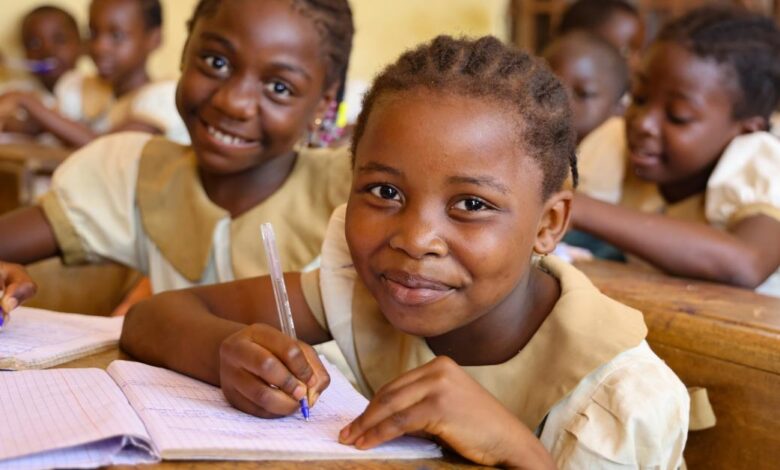What you need to know about building strong foundations

In primary school, learners aged 5-12 face evolving and age-specific health and well-being needs that open a window of opportunity to advance our children’s education, health and futures.
In parallel to various cognitive, neurological, social-emotional and physical developments, socio-cultural norms and the overall context, family and school environments also impact the health and well-being needs of children aged 5-12. For example, the onset of puberty may cause emotional stress alongside physical changes. This may be exacerbated by difficulties at home, peer violence or bullying, abuse, lack of nutrition and physical activity, and increased exposure to digital technologies and online threats which have implications on the mental, physical and emotional health and development of children.
Learning about health and well-being early on has far reaching benefits:
- It contributes to health and well-being at the individual, school system and societal levels.
- It equips children with the knowledge, skills and attitudes that promote health, safety and well-being.
- It enhances children’s concentration, knowledge retention, grades and attendance, but also fosters positive relationships with teachers and peers, leading to more enriching educational experiences.
- It addresses health issues known to hinder school attendance and learning, such as anxiety, malnutrition, diarrhoeal diseases and menstrual health challenges.
- It builds foundations for taking care of one’s own health, and other people’s health, now and into the future – from better protection from violence to fostering healthy and respectful relationships, civic engagement, gender equality, and inclusive practices and behaviours.
- It empowers children gradually to amplify their voice and become active citizens who are able to engage on issues that affect their lives, such as inequality, harmful practices, health and well-being, consent and the right to bodily autonomy, climate change, migration, gender-based discrimination and violence.
Close cooperation with schools, teachers, families and communities is a core approach to achieving these benefits.
Source link
